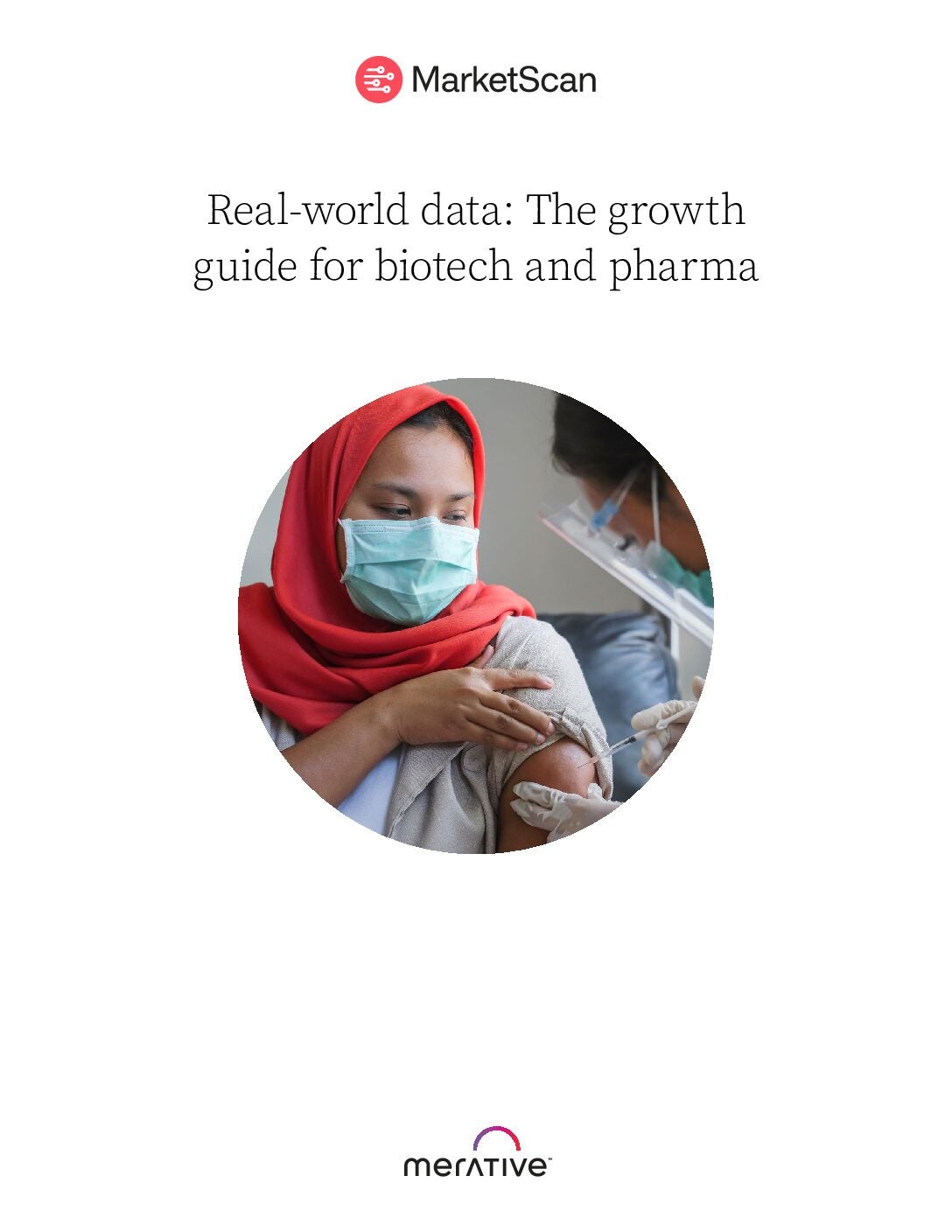
Health economics and outcomes research (HEOR) plays a vital role in healthcare decision-making, ensuring that treatments, drugs, and interventions are not only effective, but also accessible and affordable.
Regulatory agencies are increasingly recognizing the critical role real-world evidence (RWE) and HEOR play in advancing healthcare decision-making. This shift in thinking emphasizes the need for precision, completeness, and accuracy.
Finding a reliable partner who can provide groundbreaking real-world evidence helps create a clear, accurate picture of patient health outcomes and costs over time.
What is HEOR?
At its core, HEOR focuses on generating evidence to understand and improve the healthcare journey. While life sciences companies often use HEOR to evaluate the real-world impact of medical interventions, its scope is much broader.
The real-world evidence (RWE) that is generated shapes regulatory decisions, guides market access strategies, and ensures treatments align with patient needs.
Alongside helping life sciences companies understand where their products have been effective, HEOR data also guides healthcare coverage and access decisions for healthcare payers and providers.
Why real-world data is critical for HEOR
While HEOR studies incorporate information from many different sources, real-world data (RWD) is a critical component. Regulatory and market access strategies increasingly hinge on complete and longitudinal RWD, enabling researchers to:
- Inform study design and pinpoint appropriate patient populations
- Study comparative effectiveness in selected conditions
- Assess resource utilization and costs
- Track patient outcomes over time to identify long-term trends
Often, one source of real-world data isn’t enough. HEOR insights are enhanced by using linked datasets, expanding use cases and utility to allow for greater clinical, economic, and productivity-based insights. For example, linking claims data with electronic health records (EHRs) provides a more comprehensive view into patient journeys, clinical outcomes, healthcare utilization, and costs.
Trusted data solutions for life sciences
When pursuing rigorous outcomes for HEOR, epidemiology studies, and regulatory approvals, it is essential to build a solid research foundation. To do so, you need to select trusted RWD vendors and skilled researchers who understand the complexities of healthcare systems, diseases, and treatments.
This expertise is non-negotiable for generating evidence that meets the rigor demanded by regulators and stakeholders. It’s also incredibly important to equip your researchers with the right tools, or alternatively, to engage the most suitable consultants, to attain the valuable real-world evidence you seek.
Cited in more than 4,500 peer-reviewed journal publications, MarketScan®, a Truven data solution, is a trusted resource for comprehensive, deidentified patient-level databases. The core closed claims databases are employer-sourced, providing exceptional data completeness and longitudinal views. The complete picture of care is further enriched by linked datasets integrating EHRs, mortality data, health and productivity, and more.
Data insights into new drugs and therapies
With the FDA often approving treatments earlier than other countries, MarketScan can provide researchers worldwide with access to data on drugs and therapies not yet available in their region, improving overall global understanding.
In a recent case study, Anick Bérard, PhD, FCAHS, FISPE, a professor at the University of Montreal and a Senior Scientist at CHU Sainte-Justine shared: “With MarketScan, we can make comparisons that we would not be able to make with just our Canadian data. Having the two cohorts lets us look at variables like access to medication at different socioeconomic status levels.”
These databases can also support evidence generation for regulatory and safety requirements. For example, in a comprehensive multisite analysis involving nearly 1 million patients, MarketScan claims data was linked to the National Death Index to evaluate the impact of OxyContin reformulation on overdose risk.
The study compared individuals dispensed OxyContin to those using other opioids under routine medical care. While no overall effect of the reformulation on overdose risk was observed among insured patients, a modest reduction in OxyContin-associated overdose risk was noted in commercially insured individuals on single-opioid regimens.
Findings from this study was presented as part of a FDA joint meeting of the Drug Safety and Risk Management Advisory Committee and the Anesthetic and Analgesic Drug Products Advisory Committee held in September 2020.
By leveraging robust RWE, such as the longitudinal and linked datasets offered by MarketScan, researchers and life sciences organizations can uncover meaningful insights into treatment effectiveness, patient outcomes, and healthcare costs.
As the demand for real-world data continues to grow, the importance of trusted, research-grade data cannot be overstated. These comprehensive datasets are not just shaping the future of HEOR — they are transforming how we understand, deliver, and measure value in healthcare.
To learn more about MarketScan by Merative, download the report below.



